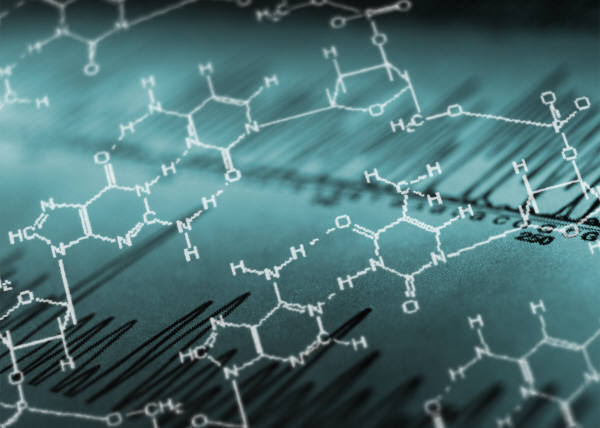How Will U.S. Supreme Court DNA Ruling Affect Georgia?


In a 5-4 ruling, the U.S. Supreme Court ruled that law enforcement agencies can take DNA samples from people they arrest for serious crimes. Several states already have “DNA upon arrest” laws already in place.
But right now, in Georgia, you have to get a search warrant to take a DNA sample.
The high court ruling says a warrant is not necessary if you arrest someone for a serious offense. But what do the justices mean by “serious”? Defense attorney and WABE legal analyst Page Pate says that poses a real problem with the ruling. “Clearly it means murder or rape or kidnapping. Clearly it doesn’t mean getting arrested for DUI or a traffic offense,” says Pate. “But what about family violence? What about car theft? The court has not defined what cases you could use this type of search in and what cases you can’t, and that’s troublesome. “
Two years ago, a bill failed in the Georgia legislature that called for DNA sampling upon arrest. The president of the Georgia Association of Chiefs of Police, Vidalia Police Chief Frank Waits, says defining a serious crime would need to be part of any new bill written in Georgia, but he is in favor of taking on the task. “We’ve got to play catch up,” says Waits. “Now if we can get the governor and the legislators to sign a bill for it.”
Waits also says there would need to be money to pay for the testing, storage, and the purging of any DNA databases if a person is not convicted, which is one condition of today’s ruling.
Georgia ACLU Executive Director Debbie Seagraves is skeptical. “I don’t believe anybody really thinks that they’ll be purged,” says Seagraves. “And I think that even if they are purged, the damage has been done.”
Seagraves says her organization will fight any DNA upon arrest bill that gets filed in the Georgia legislature.
9(MDAxODM0MDY4MDEyMTY4NDA3MzI3YjkzMw004))





